Be the first to review “Unresolved Geographies, Embattled Landscapes” Cancel reply
Unresolved Geographies, Embattled Landscapes
The standard imperial strategies of “divide and rule” and “partition and quit” have had disastrous consequences in Ireland, Palestine and India. The ravages of identity politics and skewed nationalist impulses have further contributed to turmoil and war. Independence for many post-colonial states has meant little more than replacing a foreign system of oppression with a local one. What are the ways to create new forms of affiliation and communal existence in order to overcome difference and resolve conflicts?
Recorded at Hampshire College.
Speaker
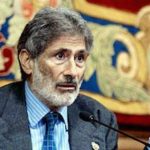
Edward Said
Edward Said, an internationally renowned Columbia University professor, practically invented the field of post-colonial studies. His great works Orientalism and Culture and Imperialism have been translated into many languages and are widely used in colleges and universities. The New York Times called him, “one of the most influential literary and cultural critics in the world.” As one of the few advocates for Palestinian rights in the U.S., he was the target of vilification, death threats and vandalism. The Economist said he “repudiated terrorism in all its forms and was a passionate, eloquent and persistent advocate for justice for the dispossessed Palestinians.” He was a trenchant critic not just of Israeli policies, but also of Arafat, the corrupt coterie around him and the despotic Arab regimes. He wrote: “While I have always advocated resistance to Zionist occupation, I have never argued for anything but peaceful coexistence between us and the Jews of Israel once Israel’s military repression and dispossession of Palestinians has stopped.” Though invited, he refused to attend the September 1993 White House signing ceremony of the Oslo agreement. He denounced it saying “What Israel has gotten is official Palestinian consent to continued occupation.” He felt strongly that intellectuals had a special responsibility to speak out against injustice, challenge power, confront hegemonic thinking, and provide alternatives. His friend Noam Chomsky said of him, “Said was one of the most remarkable and influential intellectuals of the last half-century. Much of his immense effort and talent was dedicated to overcoming the insularity, prejudice, self-righteousness, and apologetics that are among the pathologies of power and defending the rights of the victims.” His memoir Out of Place won the New Yorker Book of the Year Award. His two books of interviews with David Barsamian are The Pen & the Sword and Culture & Resistance. Edward Said died in New York in 2003.

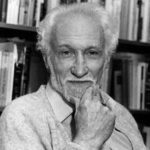

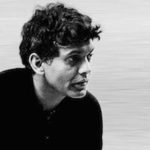
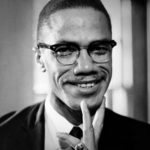
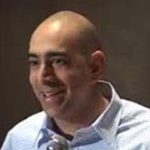
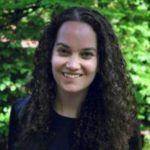
Reviews
There are no reviews yet.